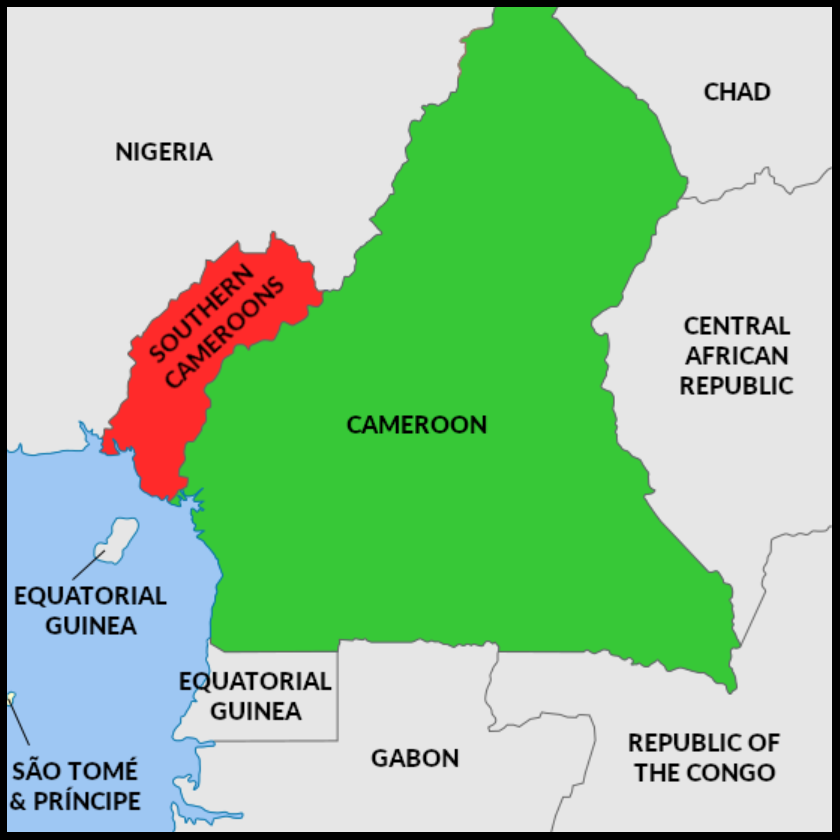Cameroon’s English-speaking regions have transformed from peaceful areas into zones of escalating conflict.
Lives are being lost, and property is getting destroyed in Southern Cameroon. According to a UN report, over 700,000 children can’t go to school.
The Ambazonia Governing Council, a separatist group, has escalated the violence. In one instance, they executed alleged government spies in a village called Guzang.
Such incidents make peace seem distant.
However, the battleground is not limited to Cameroon. Chris Anu, an activist based in Houston, has hired lobbyists in Washington.
He wants U.S. policymakers and the UN to hear the separatist side. This action aims to create a formal channel for talks with the Cameroonian government.
Government officials say they are trying to resolve the crisis. But many, like Nelson Tum, a teacher, argue that the efforts are not enough.
They feel neither the government nor the separatists offer safety. The separatists also have their own internal struggles.
They don’t all agree on their approach. Some call for more aggressive tactics, complicating the situation even more.
Paul Nilong, a separatist leader, says they are prepared for a long-lasting struggle.
The roots of the problem go back to Cameroon’s history. The country united in 1961, but tensions remained.
Felix Agbor Nkongho, a human rights lawyer, feels the government has done little to address these issues.
Nkongho believes international action is crucial for peace. He suggests asset freezes and travel bans on leaders from both sides.
He says this could push them towards resolving the crisis and ending the violence.
Background
The crisis in Cameroon’s English-speaking regions has historical roots. Before 1961, Cameroon was divided between French and British rule.
That year, the two parts united to form a single nation. However, the English-speaking minority has long felt marginalized by the French-speaking majority.
In 2016, peaceful protests began against this perceived inequality. But they escalated into an armed conflict that continues today.
Various attempts at dialogue have failed to yield lasting peace. A long-term resolution remains elusive, deepening the humanitarian crisis in these regions.
Denial of responsibility! My Droll is an automatic aggregator of Global media. In each content, the hyperlink to the primary source is specified. All trademarks belong to their rightful owners, and all materials to their authors. For any complaint, please reach us at – [email protected]. We will take necessary action within 24 hours.


